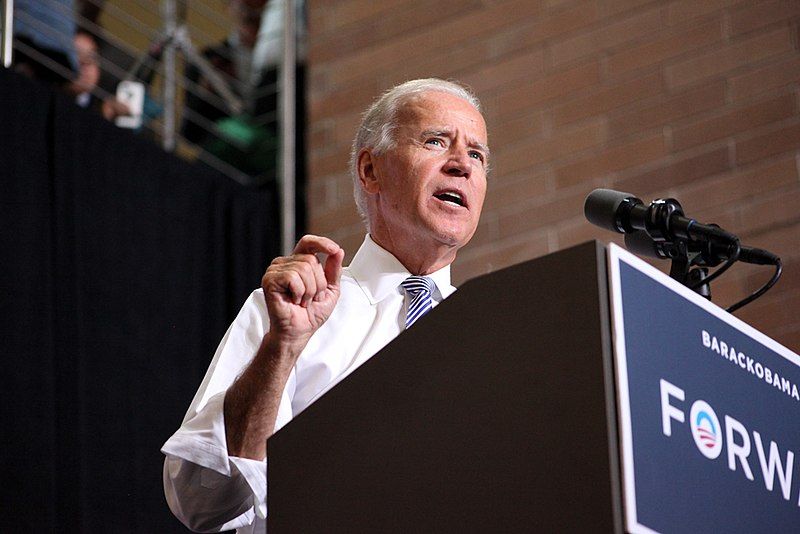Views expressed in opinion columns are the author’s own.
There’s a lot to be sorry for in the world. For the already powerful politicians who are vying to become the most powerful person on the planet, that’s even more true. Yet when prospective Democratic presidential candidates offer public apologies, it’s met with derision. An article in The New York Times — mockingly titled “2020 Democrats Agree: They’re Very, Very Sorry” — described the number of apologies as reaching “parody status.”
Ignore the sheer number of apologies issued by Democratic candidates for the moment. Each individual apology described in the article was more than warranted.
Sen. Elizabeth Warren (D-Mass.) apologized for taking a DNA test to show she had marginal traces of Native American ancestry, after admitting to wrongly identifying as Native American throughout her career. She enjoyed the privilege of a white person while using distant ancestry to claim the identity of a marginalized group. Former Vice President Joe Biden issued an apology for his past support of legislation that contributed to the mass incarceration of black people and expanded discriminatory policing practices. Sen. Kirsten Gillibrand (D-N.Y.) expressed regret at her past stances on immigration, which included touting her success at the “removal of illegal aliens.”
The list of perfectly bad things Democratic politicians apologized for could continue on and on. Still, as comical as the frequency of such apologies may be, it’s certainly an improvement in the political discourse.
Insofar as they are insincere or cynical attempts to gain the favor of progressive voters, apologies deserve to be critiqued. There’s plenty to be said about the difficulty of reconciling an appeal to social justice with the positions of economic and political power that the candidates occupy in oppressive institutions. But the frequency of apologies itself is nothing to criticize. Politics would be greatly improved by heightened sensitivity, especially toward minority groups. While apologizing for past mistakes does nothing to change their effect, it at least establishes that those mistakes have real consequences that must be reckoned with.
In a column for The Washington Post, Dana Milbank argues the volume of apologies is regrettable for a Democratic primary tasked with nominating someone who can challenge President Trump. Succumbing to unapologetic insensitivity and stubbornness when confronted with wrongdoing past or present is no way to proceed with a Democratic Party that in recent months has shown promising signs of a leftward shift.
Even the apologies that may be more insincere or opportunistic have some value and are more desirable than the absence of an apology. Does, say, Biden really regret his past stances on criminal justice on moral grounds? Given his age and lengthy political career at the time of his support for the drug war — as well as the obvious need to appeal to a progressive base that considers institutional racism to be a problem — it seems unlikely. But that doesn’t make his public statements entirely worthless. Instead, seeing as Biden is considered a “centrist,” it enforces the need for Democratic candidates to at least nominally take a stand against racism.
The number of apologies from Democrats has been overly criticized for the wrong reasons. Bring on the apology tour.
Zachary Jablow, opinion editor, is a sophomore economics and government and politics major. He can be reached at zachjablow@gmail.com.



